I am not really clear on what you're trying to do.
The integrand in your equation is just the probability density function (pdf) of a Gamma distribution with shape parameter k = nα and scale parameter θ = 1.

Integrating the Gamma pdf over the entire domain from 0 to infinity simply equates to 1. You can verify this numerically:
integrate(dgamma, 0, Inf, shape = 1, scale = 1)
#1 with absolute error < 5.7e-05
In the final step of your equation you sum over all values of n, from 1 to infinity. But the integral is not dependent on n, and the sum diverges

So unless I misunderstood your question, the lhs of the expression you give diverges.


